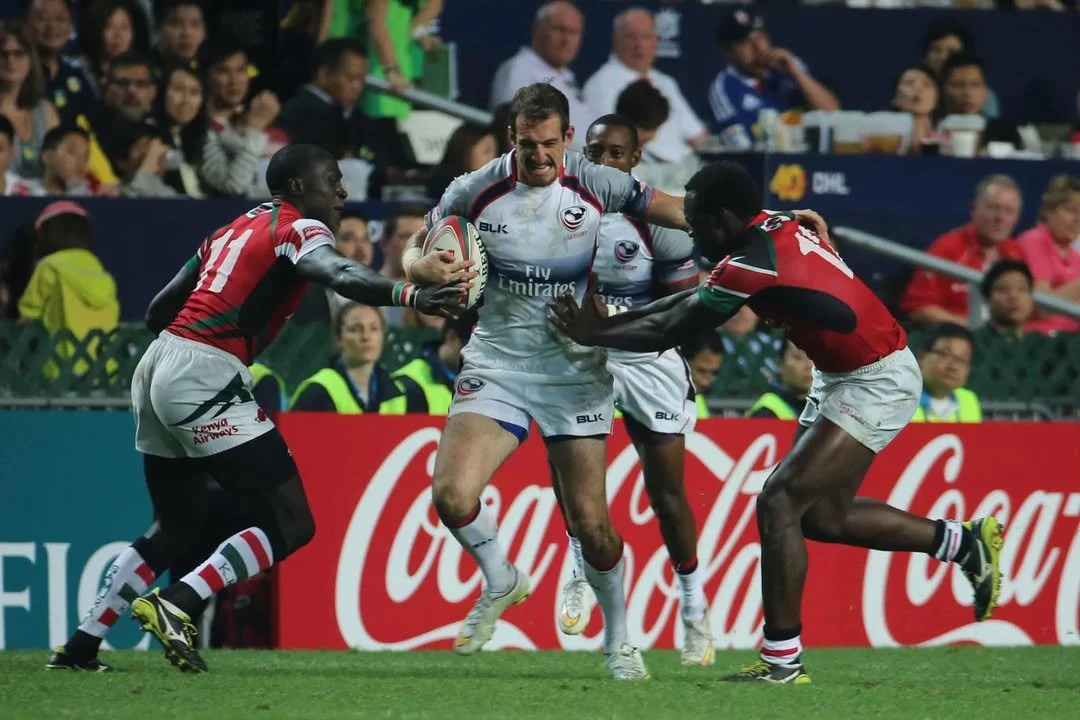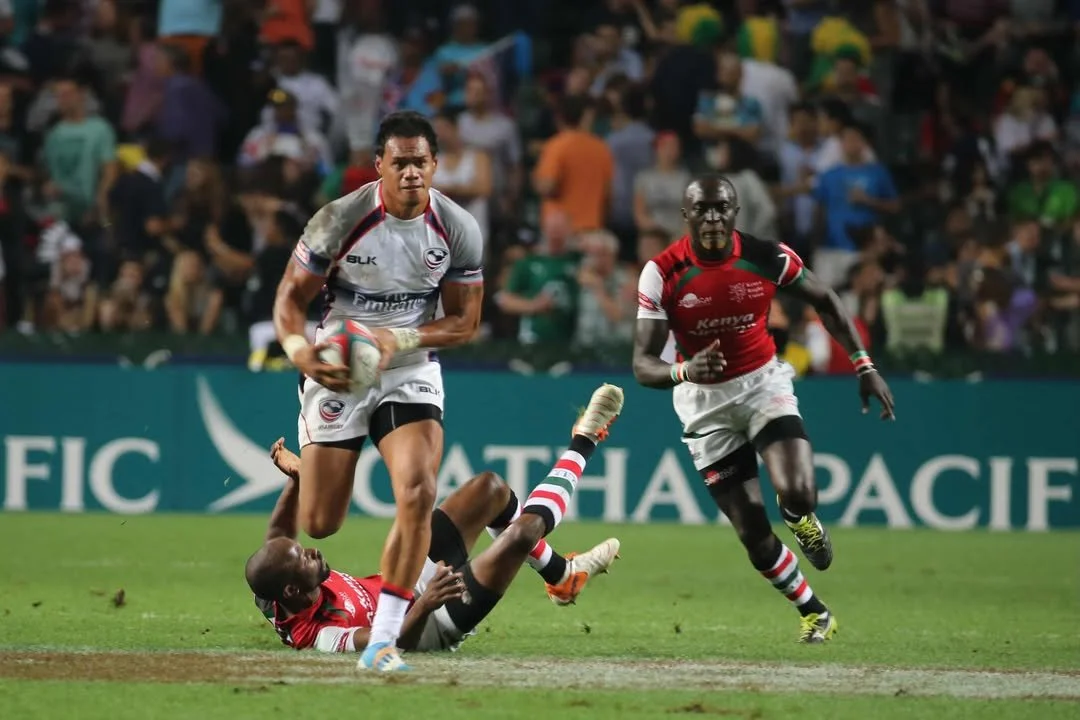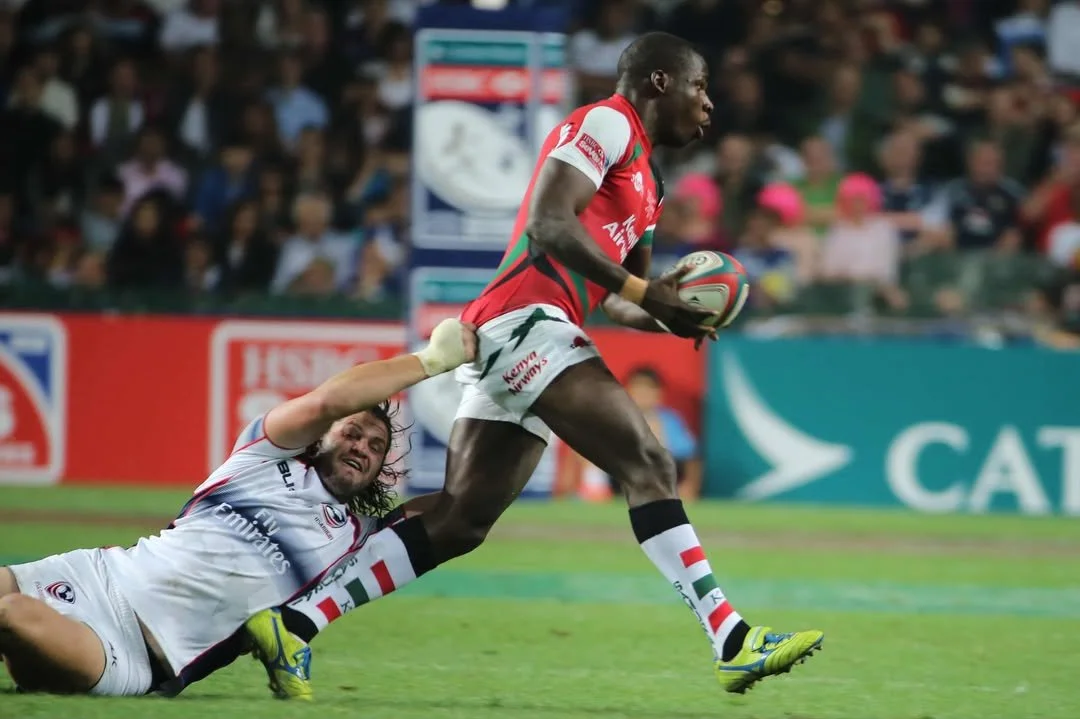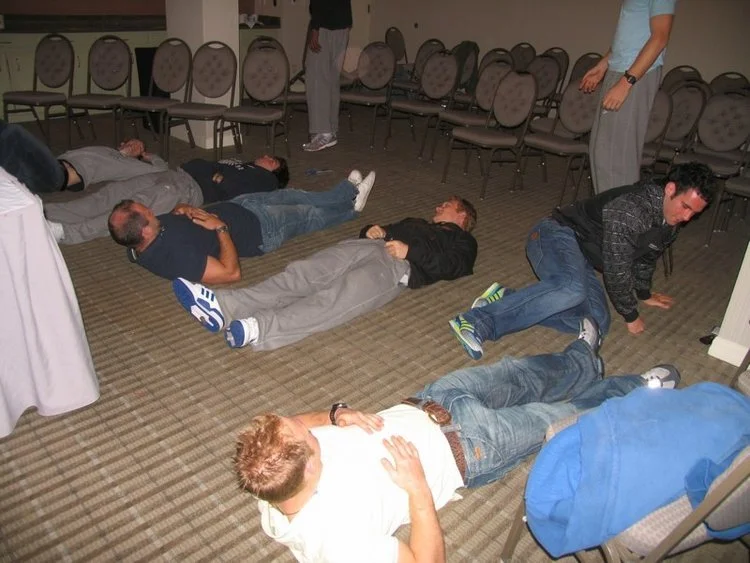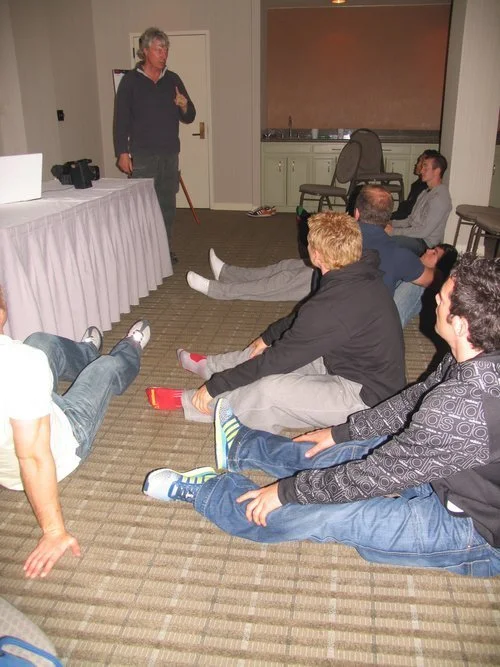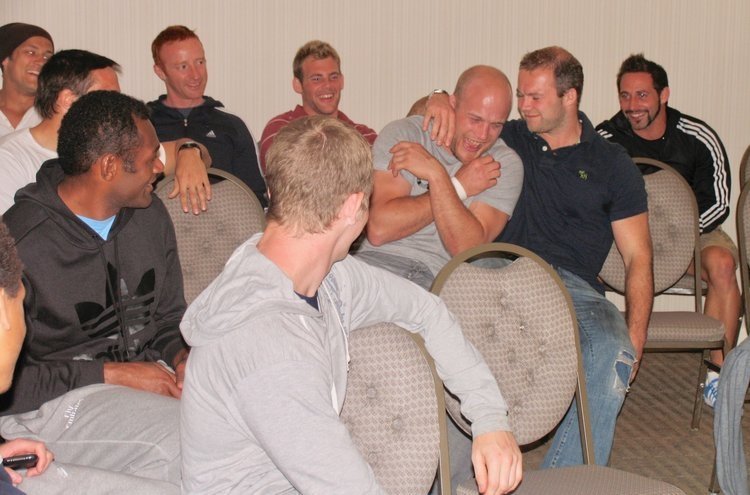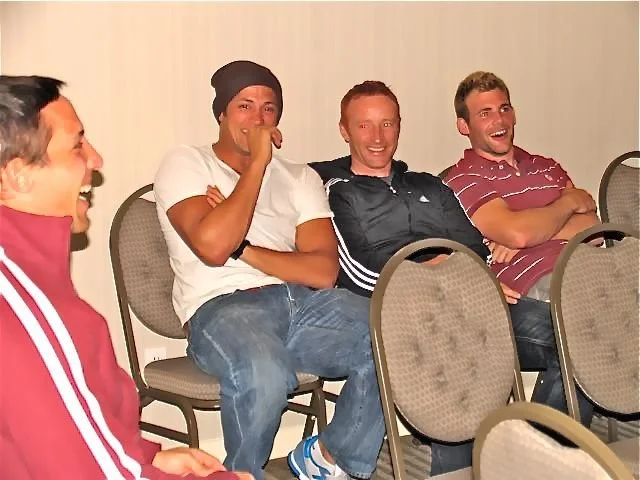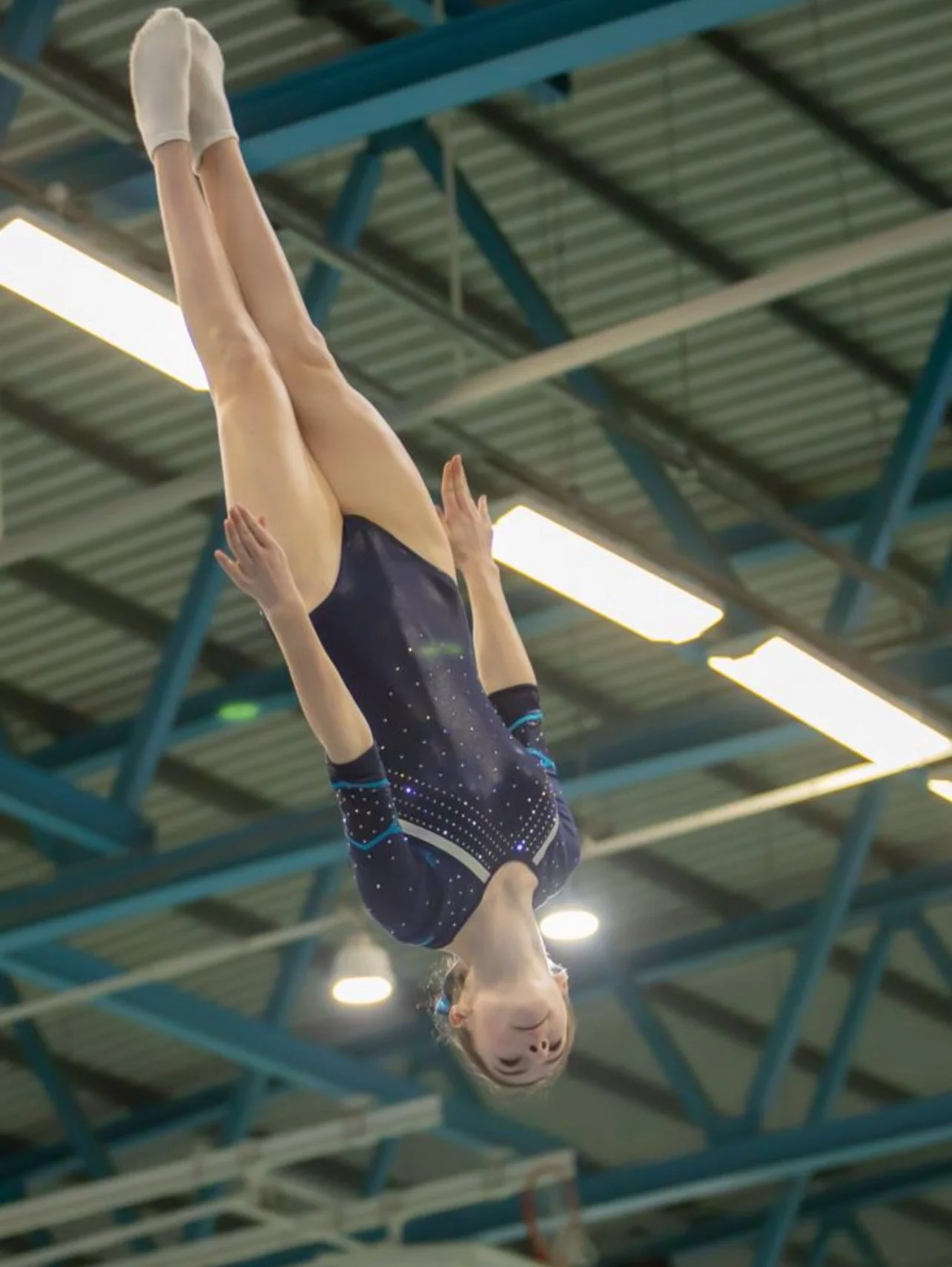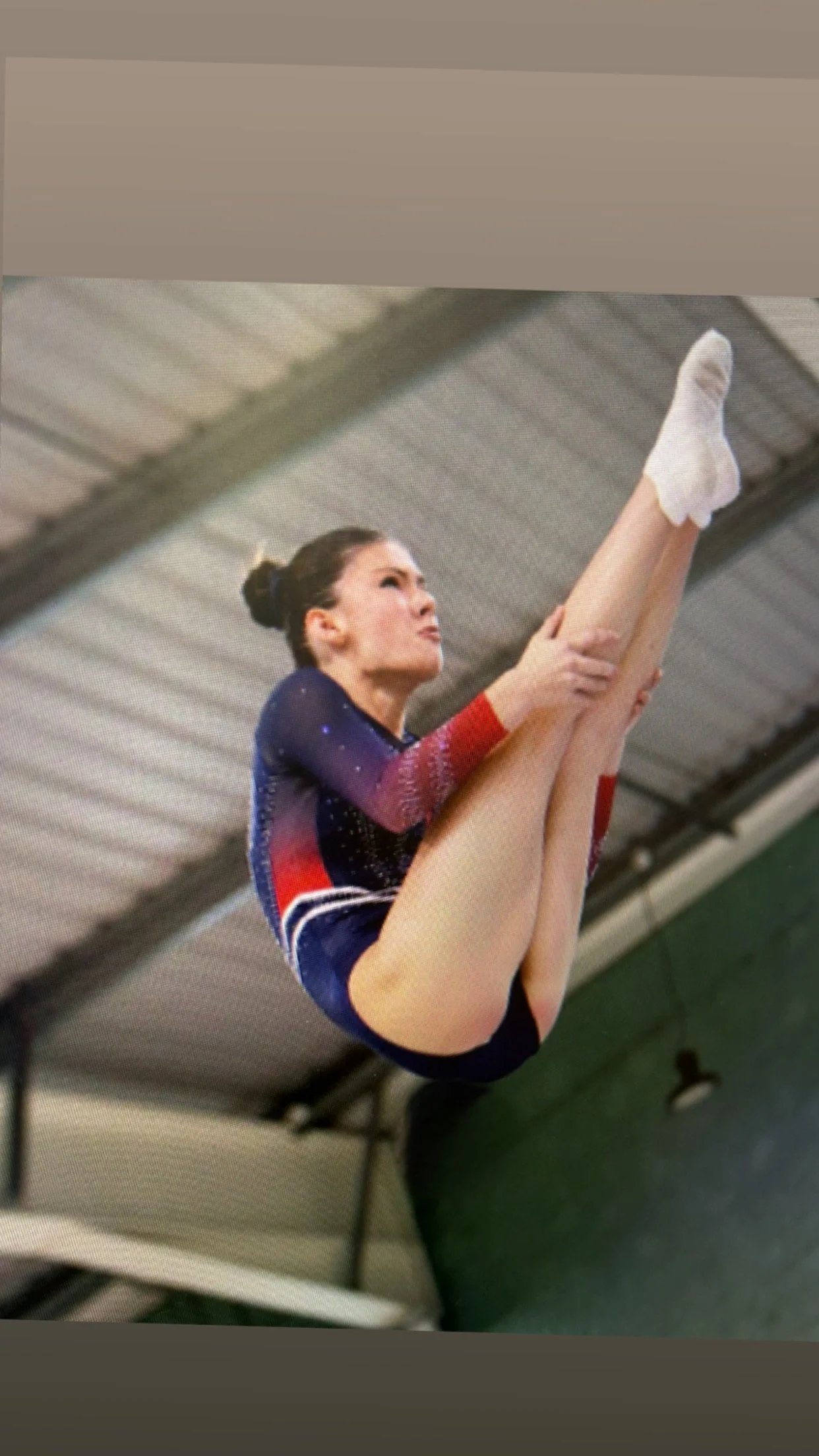Enhancing Sports Performance and Confidence with Hypnosis
“Barry is a Magician with the human mind.”
Marianne Berglund Ph.D. Former World Champion 10 times National Champion
Two-time Olympic Cyclist
What Is Sports Performance Hypnosis?
Sports Performance Hypnosis is a mental training method that uses guided hypnosis to help athletes improve performance by strengthening focus, confidence, emotional control, and automatic skill execution. It works with the subconscious mind to support peak performance—especially under pressure.
My Journey
Competing in the Ironman Triathlon World Championship in Hawaii initiated my awareness of the “altered state of mind” that it took to participate in such events. Subsequently, in an EXTREME biathlon (vertical feet climbed 23,340; temperature 45C) from Death Valley to the peak of Mt Whitney, I experienced a 4-hour loss of time while racing. Fascinated by the experience of this trance state, I turned my studies to hypnosis.
I received my advanced clinical education in hypnosis through the University of California - San Diego. UCSD offered the course to physicians and health professionals as an adjunct to traditional medicine.
During the time of my participation in UCSD’s program, I was teaching/coaching at another University of California campus. I began integrating this knowledge into my coaching and also into my health education syllabus. Some of my students asked me to perform a comedy hypnosis show in the dorms. Within a couple of years, this first performance blossomed into two hundred-plus shows and speaking engagements a year. This, ultimately, led to my becoming the only British Hypnotist to have headlined on the Las Vegas Strip, and to giving performances in 7 different countries, as well as hypnosis consulting for the BBC, NBC, CBS, and FOX TV networks.
One of my favorite books is Malcolm Gladdwell’s book, Outliers, in which he looked at the Story of Success and what criteria one must meet to be an expert. He and others surmised that the number of hours for any master in a field of endeavor is at least 10,000. Because of Glaldwell’s book, I’ve worked out my own hours in the field of hypnosis: in 35+ years, I hypnotized well over 100,000 people. As a result, I have become acutely aware of the subtleties and nuances for successful outcomes in hypnotized subjects.
Research using fMRI suggests some individuals are more hypnotically gifted than others; however, OPENNESS and TRUST in the process paves the way for a successful outcome. There is an elegance in the simplicity of hypnosis and the profound changes it can make. Although my lifestyle has led me to specialize in athletic applications, I have experience across the full spectrum of hypnotherapy. I am also continuing work on a research paper exploring a hypnosis technique designed to induce a rapid “trance state” for use in emergency medicine.
Laughter Is the Best Medicine
The stage has allowed me to deliver entertainment and education to a massive population that otherwise would never have realised the potential of hypnosis.
Underlying the fun is the message that we have the means to alter our behaviour by our own volition.
How Hypnosis Improves Athletic Performance
1. Enhances Focus and Concentration 🧠
Athletic performance depends heavily on sustained attention.
Hypnosis trains the mind to block distractions (crowd noise, pressure, negative thoughts)
Helps athletes enter a “flow state” more consistently
Improves reaction time and decision-making during competition
Example: A basketball player remains locked in during free throws even in hostile arenas.
2. Reduces Performance Anxiety and Stress 😌
Mental tension often limits physical ability.
Lowers cortisol and stress responses
Reduces choking under pressure
Helps athletes stay calm in high-stakes moments
Result: More relaxed muscles → smoother, more efficient movement.
3. Improves Confidence and Self-Belief 💪
Hypnosis can reprogram negative mental patterns.
Reinforces positive self-talk
Replaces fear of failure with confidence
Strengthens belief in one’s training and ability
Example: A sprinter visualizes explosive starts and feels confident at the starting line.
4. Enhances Motor Skills and Technique 🏃♂️
Mental rehearsal under hypnosis is especially powerful.
Activates similar neural pathways as physical practice
Improves coordination, timing, and precision
Helps refine technique without physical fatigue
Used by: Elite golfers, gymnasts, divers, and skiers.
5. Increases Pain Tolerance and Endurance 🏋️
Hypnosis doesn’t eliminate pain but changes how it’s perceived.
Improves pain management during training and competition
Delays perception of fatigue
Allows athletes to push closer to their true physical limits
Important: This is used carefully to avoid injury.
6. Speeds Injury Recovery and Rehabilitation 🩹
Mental state strongly affects healing.
Encourages relaxation, improving blood flow
Reduces fear of re-injury
Keeps athletes mentally engaged during rehab
Studies show visualization and hypnosis can improve strength retention during immobilization.
7. Improves Sleep and Recovery 😴
Recovery is essential for performance gains.
Helps athletes fall asleep faster
Improves sleep quality before competition
Reduces overthinking and pre-game nerves
8. Builds Consistency and Mental Toughness 🔁
Hypnosis helps automate positive responses.
Conditions the mind to respond calmly under pressure
Makes confidence and focus more habitual
Strengthens resilience after mistakes or losses
This is how hypnosis can help you perform
England 7s Rugby Team Experiencing Hypnosis With Barry Jones Having Fun After the Presentation
“The hypnotist puts nothing there, but he gets the individual to RISE to the highest levels he can reach” Dr Kroger
Some people are more hypnotically gifted than others, and like any skill development, the process of hypnosis receptiveness is a personal journey.
It can have a profound effect in a very short period of time, but like any therapy, there has to be a strong desire for a change and a belief in the process. Hypnosis is not a panacea, as medications are not to a physician. A hypnotherapist prescribes words, as every person is unique, then it’s important that these words are succinct and relevant.
The Big Question! Will hypnosis work for me?
IT ABSOLUTELY CAN
Working With National Champion Emily Rooke
Working With Barry
“Too bad you’re not on staff — Imagine? Thank you again for helping make our team one of the Nation’s best.””
“My two Division 1 college athletes have worked with Barry and the experience has been transformative. He combines performance coaching with hypnosis and the results have been clear both in competition and in their overall mindset. He has an intuitive understanding of athletes’ psychology and has taken an individualized approach for both children - two very different athletes. The impact has been profound - better performance, more consistent, stronger mindset, and greater confidence in high pressure moments. Both athletes are so grateful to be working on their mental game with Barry. Highly recommend! ”
“You were both informative and entertaining and captured the interest of the 100+ plus GGTC athletes who want to maximise their potential.”
“Students definitely experienced a new level of consciousness and mental preparation for an intercollegiate volleyball match.”
““Our coaching staff recognised a significant improvement in our players to play relaxed in pressure situations. Our free throw percentage went from 64.28 to 78.68.”
“Barry Jones is a gift to the world. His compassion, experience, and expertise in his field has been an incredible benefit to my athlete son and by extension to me as well. Through both injury and competition, Barry has walked alongside my son as a huge support. In a world where we don’t always have “a village” alongside us, Barry fills in some of those gaps as more than a practitioner but as a human who goes above and beyond to support his clients. Our lives have been enriched by knowing Barry”
“Working with Barry Jones has been a game-changer for my gymnast’s performance. As an athlete, she was initially unsure about hypnosis, but from the very first session, Barry’s professionalism and deep understanding of sports performance put her at ease. Through tailored sessions focused on confidence, focus, and overcoming mental blocks and improved spatial awareness.
She quickly saw noticeable improvements in her mindset and consistency. Barry created a calm, supportive environment and took the time to understand her goals and challenges. Each session left her feeling more focused, positive, and mentally prepared. Barry has also provided self-help tools to use between sessions. The impact has been fantastic. She is training with more belief in herself, recovering faster from setbacks, and performing more freely under pressure. The techniques learned continue to help her in both sport and everyday life. My gymnast and me would highly recommend Barry to any athlete looking to strengthen their mental game. The results speak for themselves”
The Role of Hypnosis in Sports Performance
It is now generally accepted (from the evidence of brain scans) that there is a measurable alteration to the brain when ‘hypnosis’ is present compared with when hypnosis is not present(1)(2).
Thus, the issue of whether there is (or is not) a thing called ‘hypnosis’ is currently settled.
A 2019 research article titled, Hypnosis In The Clutch(3), found that hypnosis-based intervention enhanced self-confidence by causing the participants to believe they could produce exceptional performances. This study is worth highlighting in training, because a wealth of evidence suggests self-confidence is one of the most important psychological variables associated with optimal performance in sports(4).
Frequently Asked Questions
What exactly is sports performance hypnosis?
Sports performance hypnosis is a mental training approach that helps athletes improve confidence, focus, motivation, and emotional control. It uses guided relaxation and imagery to train the subconscious mind—where habits, reactions, and beliefs live—so you can perform more consistently and confidently under pressure.
How does hypnosis help me perform better?
Athletes use hypnosis to:
Stay focused when it matters most
Calm nerves and reduce performance anxiety
Build confidence and belief in their training
Rehearse skills mentally and improve technique
Increase pain tolerance and manage fatigue
Recover mentally after injury or setbacks
Sleep better before competition
Become more consistent and mentally tough
It’s not a replacement for physical training—it enhances it.
Is sports hypnosis right for everyone?
Not always. Hypnosis works best if you’re open to the process and willing to practice the mental skills. It may not be suitable for people with certain untreated psychological conditions—those individuals should speak with a licensed professional first.
What happens in a session?
Each session is personalized, but typically you’ll:
Talk through your goals, challenges, and sport
Be guided into a deeply relaxed, focused state
Use imagery and suggestion to build confidence and focus
Learn simple tools you can use on your own between sessions
Most athletes describe it as calm, focused, and surprisingly enjoyable.
How many sessions will I need?
That depends on your goals. Some athletes feel a shift after one session, while others benefit from a short series to really lock in new mental habits. Like physical training, results grow with repetition and commitment.
Why Work with Barry Jones?
Barry Jones brings more than 35 years of professional experience and has worked with over 100,000 individuals across a wide range of performance environments. He is trained in advanced clinical hypnosis through the University of California, San Diego, and has a background as an extreme endurance athlete, giving him firsthand insight into mental and physical resilience.
Barry has coached and supported high-performance athletes at every level, including Olympians, national champions, collegiate teams, and professionals across multiple sports. His depth of experience, combined with a proven ability to deliver results, makes him a trusted partner for individuals and teams seeking sustained excellence.
Athletes appreciate his calm, individualized approach and deep understanding of what it actually feels like to perform under pressure.
How do I get started?
You can book a session, explore the hypnosis and imagery videos, or read the blog to learn more about how mental training can elevate your performance.
References
USA Consultant for FOX TV “You’re Back In The Room" • Consultant for the Discovery Channel “Hypnosis and Emotions"• Entertainer/Education for England Rugby 7s World Cup Team • Consultant for CSI Las Vegas on an episode relating to hypnosis • Featured entertainer for "Hells Kitchen” Laugh Factory Los Angeles • NBC TV Featured hypnotist on the reality show “Ground Hog Date” • Ongoing production of “Entranced at the Table" • The only British Comedy Hypnotist to have Headlined on the Las Vegas Strip.
Rugby Photos compliments of Paul Redman
